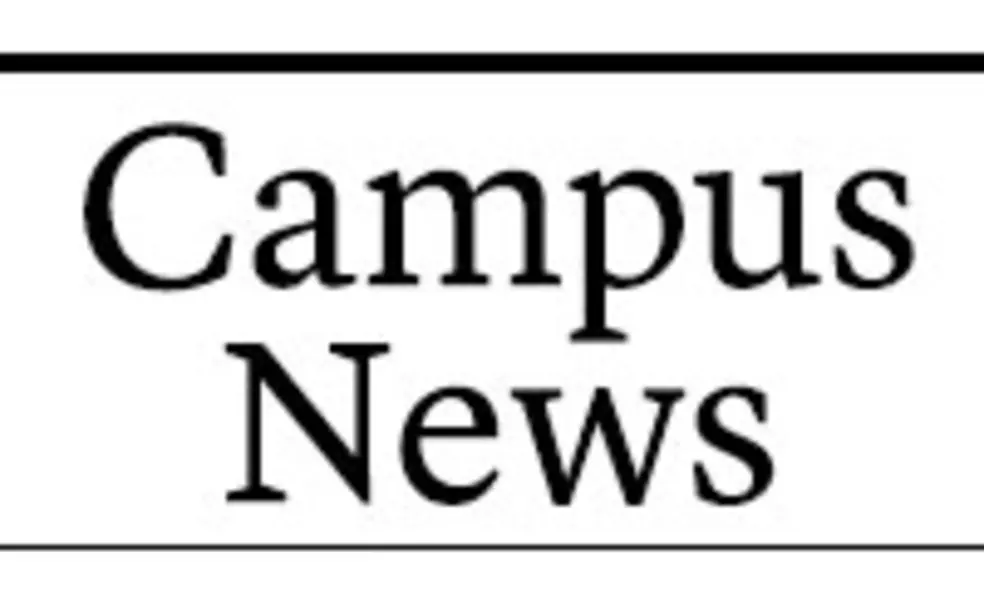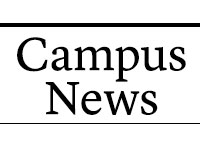Scholars voice support for New York mosque project
Three Princeton scholars gathered on Sept. 27 to discuss the proposed New York City Muslim center Park 51, previously known as Cordoba House (or, to some, the “Ground Zero mosque”), and the controversy surrounding it.
The panelists – Professor Mark Cohen of Near Eastern studies, Professor Amaney Jamal of politics, and Provost Chris Eisgruber ’83, a professor in the Woodrow Wilson School – approached the controversy from different angles. Each concluded that the proposed Islamic cultural center near the former World Trade Center site should not only be allowed but embraced for the cultural understanding it could foster.
Cohen began by highlighting the claims some have made that the name Cordoba House invokes a symbol of Islamic conquest. The reference is to the city of Cordoba, Spain, which Muslims conquered in the eighth century. In fact, Cohen said, that claim of symbolism is inaccurate because Muslims, Christians, and Jews lived alongside one another in peace in the city of Cordoba under Muslim rule.
“Can Cordoba serve as a symbol for tolerance and mutual understanding between Muslims and non-Muslims today?” Cohen asked. “Yes it can … as long as we remember the shared culture [in Cordoba] that created bonds between Muslims, Jews, and Christians.”
Cohen emphasized that the mosque is only one aspect of Cordoba House, and that it would be a space that would allow for people of all faiths to come together for social and cultural activities.
Jamal focused her comments on the growth of Islamophobia and the increasing politicization of Islam in the United States in the last decade.
“The Muslim-American is not only an outsider, but a suspicious outsider, an outsider who is working to undermine everything that is American,” Jamal said.
This fear has fueled opponents’ arguments against the Park 51 project, she said. Other mosques around the country are under attack by people who think that mosques breed anti-Americanism and even terrorism.
Rather than shutting down mosques, Jamal said, we should encourage them because of their role in encouraging political participation. “The mosque is playing that role of a key civic and political vehicle,” she said.
Eisgruber, the final speaker, said many people argue that there is an obligation to honor a perimeter of neutrality around a culturally significant space like Ground Zero despite the mosque’s legal right to be there.
Eisgruber said this argument is not convincing because of the underlying prejudice motivating the arguments against the mosque.
“We may in general have a duty to respect other people’s sensibilities,” he said, “but I don’t think we have a duty to respect other people’s sensibilities grounded in prejudice.”













No responses yet